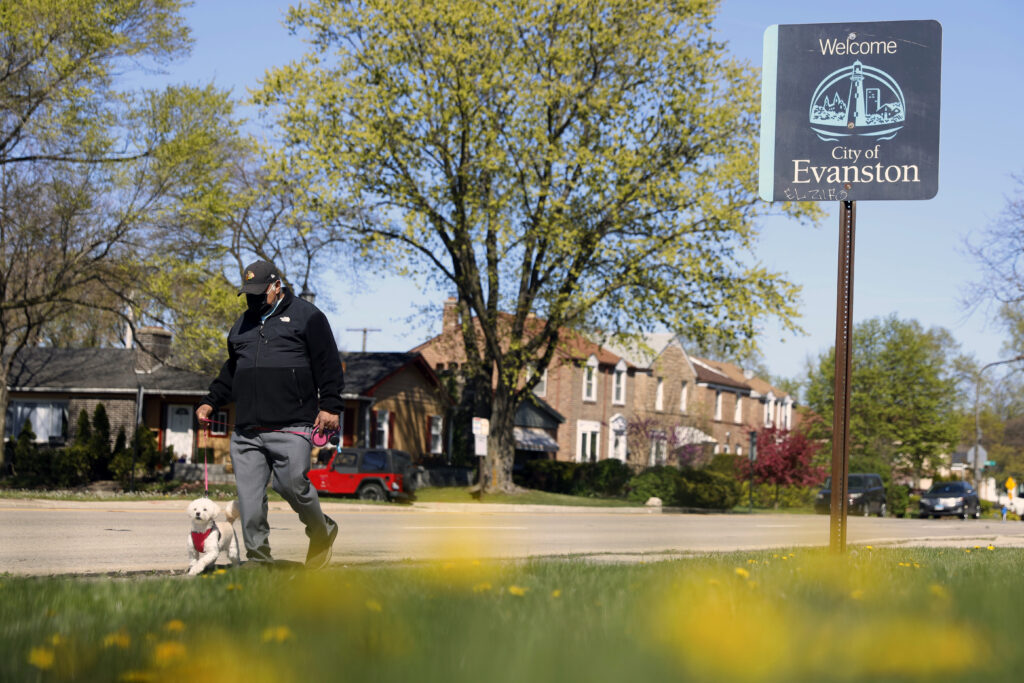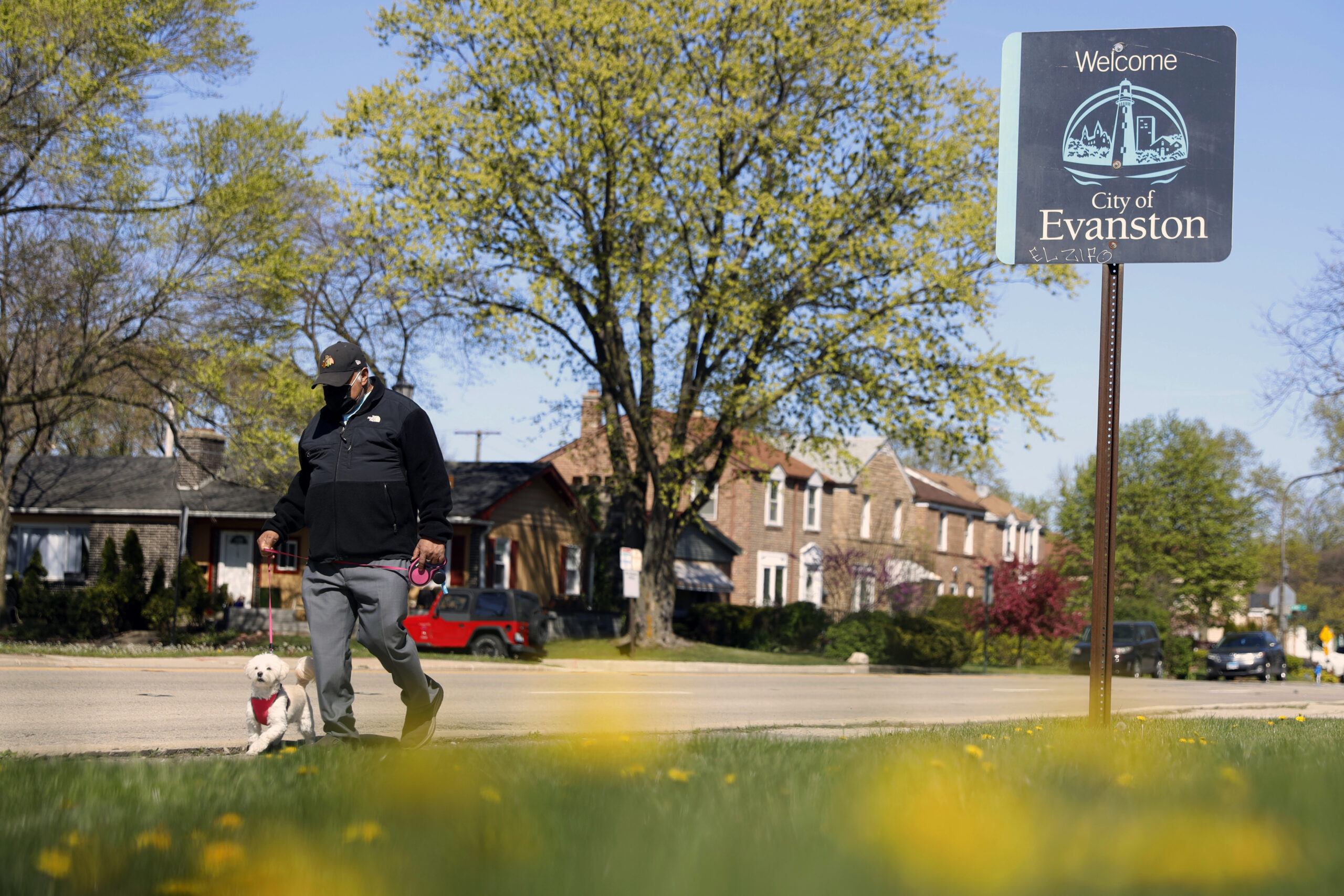EVANSTON, Illinois — In a move that is a first of its kind nationwide, the reparations fund here is transferring $17 million to the Black-owned Liberty Bank, local Reparations Committee Chair Robin Rue Simmons announced.
The program has disbursed over $4.5 million in funding to Black residents of Evanston, a Chicago suburb that is home to Northwestern University, who were at least 18 years old from 1919 until 1969 and their descendants who were affected by redlining and other racially motivated policies. Funding is gathered through a city tax on adult recreational cannabis, donations and annual transfers of $1 million from the city’s real estate transfer tax. A total of $10 million will be added to the fund from real estate transfer taxes by 2035.
Simmons shared the news during the April 4 Reparations Committee meeting, calling the move the “biggest deal” since the reparations program was approved.
“This is a way that this repair can be multiplied,” Simmons said, adding that “… $17 million in a Black bank is going to give more lending power and access to Black businesses, Black mortgages that are fair and other forms of support so this is a very, very big deal.”

The bank is valued at $1 billion with the closest branch in Park Forest. The total amount of the fund will be deposited over several years, according to the city.
“If we have inspired more than 100 municipalities to do reparations, what if they follow this model?” Simmons asked. “Let’s not be scared to dream.”
Committee member Krissie Harris called the move “amazing,” saying it’s further proof that the reparations work Evanston is doing is “instrumental.”
Liberty Bank also provided services for first-time home buyers who chose to use their reparations funding for mortgages, with committee member Claire McFarland Barber saying she’s happy the city was able to pay that help forward.
Simmons also said the bank has offered 100% refinancing on predatory loans, special savings accounts and mortgage products.
“They have been invested and committed early on, years ago,” Simmons said.
The committee also heard a presentation by Twyla Blackmond Larnell, a Loyola University Chicago associate professor of political science, on a study to explore how to better support Black-owned businesses. She is hoping to expand on a similar 1996 study the city completed by looking at other aspects that affect Black-owned businesses. Beyond looking for recommendations on how to move forward, the study hopes to look into racial economic disparities in Evanston, how the issue has evolved, what advantages/disadvantages previous interventions have had and what policies and programs can be implemented to minimize disparities.
“What we do know is that oftentimes Black business owners spend more money to open their businesses, maintain their business and even still have high failure rates,” she said.
The expansion of the study will include surveys and feedback from Black Evanston business owners, something that was missing from the 1996 study. Blackmond Larnell plans to look at new data gathered in the nearly 30 years since the previous study and use that to compare Evanston Black-owned businesses with their competitors and identify barriers making successful business ownership more difficult for Black owners.
“What we really want to get at is how can we ensure that we have covered all of our bases when it comes to governmental stipulations around diversity, affirmative action programs when we make these recommendations,” she said. “A big part of this is having to take the time to not just come up with ideas but ideas that can stand the test of time. By the test of time, I specifically mean the Supreme Court.”
Blackmond Larnell said the burden of proof is on the government to show the policy is necessary to address the problem, a measure she says can be very difficult.
The study is expected to take about eight months.
“If we want more resources for the Black community, there’s power in numbers,” she said. “We have to have enough resources and amenities to maintain our Black population so that they can then open the businesses and support the businesses, feel included and stay.”








